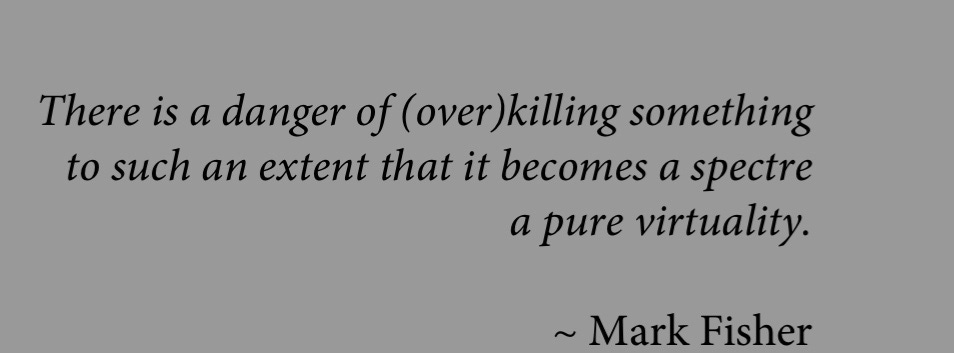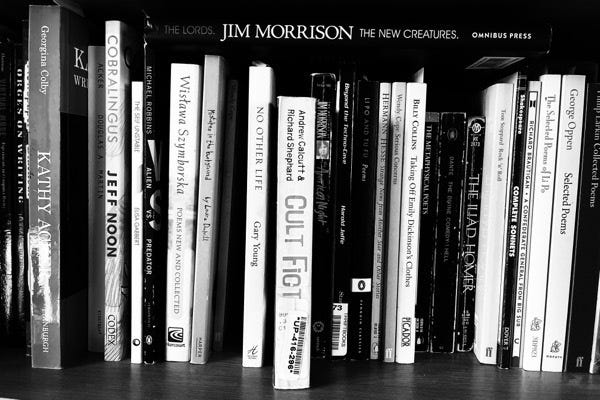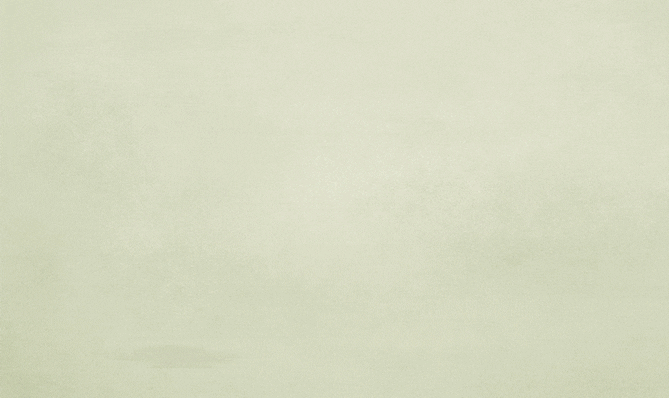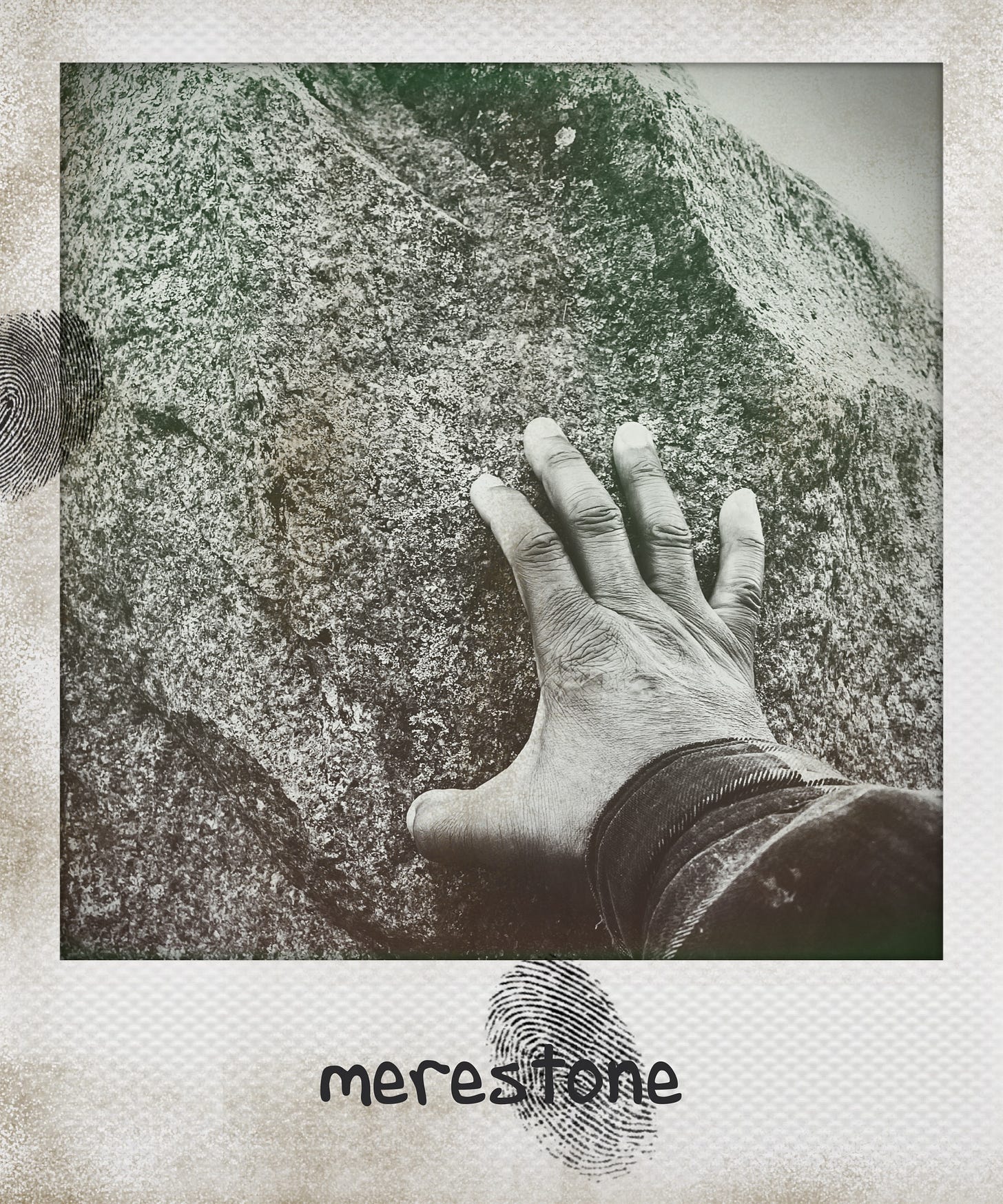the path to bliss is not linear
#130
clocks drip time,
spoonfuls of sky,
laughing rainbows in a cup,
shoeless thoughts run by
welcome to the weekend
this week
As the year's end approaches, I find myself entering a contemplative phase, slowing my pace. This period serves as a reflective sanctuary, a moment to ponder the passing year and to cast my gaze forward to the coming one. It's in these quieter moments that I ask myself, "In Clay's ongoing journey, what lies ahead?" This question, like a gently brewing tea, requires time and patience before it reveals its essence.
In this contemplative spirit, I'm mulling over the idea of crafting one final edition of 'The Barefoot Philosopher's Notes' for the year to create some breathing room. My mind is already weaving plans for the upcoming year, and this space would be invaluable as the festive season approaches.
However, there's a hesitation. The momentum we've built with the Notes is precious, akin to a well-tuned workout regimen. We all know the challenge of returning to a routine once we've stepped away from it. I'm keen to avoid such a hiatus with the Notes.
As a balanced approach, my current thought is to curate shorter issues in December. This strategy seems to offer a harmonious solution: it will afford me the needed time to focus on the plans for the next year while maintaining the rhythm we've established with the Notes.
hit reply and let me know your thoughts on this.
intuition flickers like a phantom
a fleeting but potent presence.
It acts as a guide, whispering unseen truths. Intuition is our inner ally, cloaked in the midst of our subconscious mind. This spirit, this ungraspable wisp of insight, is not new to the theatre of human experience. It has pirouetted across the stage of history, wearing many masks and speaking in many voices.
Socrates whispered of his daemon, an ethereal companion he was sure guided his steps. This daemon wasn’t a deity or spirit, as you might imagine, but rather an inner voice, a compass of moral and ethical direction. In the dialogues, the daemon is ever-present, an unseen character in the unfolding drama of philosophical discourse.
This daemon, as Socrates described it, was less about foretelling the future and more about being a guardian of virtue. It did not propel him with visions of grandeur but gently nudged him away from actions that might lead to moral decay. It’s as if Socrates had an in-built ethical barometer, alerting him to the storms of moral compromise.
the whisperer of wisdom,
stirring within the soul,
guiding hands to create,
minds to think, and
hearts to feel.
The Romans spoke of a genius, an unseen guardian who infused their lives with sudden sparks of insight. The genius was more than an abstract idea; it was a living, breathing part of the Roman identity. It was believed that this spirit was born with every individual, accompanying them from their first breath until their last. The genius was also a protector of moral integrity and a nurturer of personal growth.
This force, this intuition,
is like an internal compass, magnetised by the poles of our deepest selves. It’s a subtle whisper, a nudge, or an inexplicable feeling that often seems to emerge from a wellspring hidden beneath layers of conscious thought. To commune with this force, you might venture into the realm of stillness.
In the hush of early morning or the tranquil embrace of the night, when the world retreats and the mind quiets, there lies fertile ground. Here, amid the solitude, intuition can bloom like a nocturnal flower.
Some find this connection through meditation,
a journey inward, where the chatter
of daily life fades, and the voice within
gains clarity.
Others might seek it in the embrace of nature, where the rhythm of the earth and the whisper of the wind speak in a language older than words.
This force is not merely a silent guide; it is also a catalyst for creativity and innovation. It has been the invisible hand guiding artists to create, scientists to discover, and leaders to inspire. It’s the spark that ignites when an idea feels just right; it’s the gut feeling that guides a crucial decision; it's the sudden clarity in the face of complexity.
In touching this force, we reach into a part of ourselves that is both ancient and ever-new. It’s a dialogue between our conscious selves and something deeper and more connected to the fabric of the universe. As we hone this connection, we learn to trust these whispers and let them guide us through the fog of uncertainty towards a clearer vision of who we are and what we could become.
word heist
Picture this: A dimly-lit room, the air thick with smoke and the musky scent of old books. A lone figure, me, sits hunched over a desk, the only light source a flickering lamp casting long shadows across the walls lined with towering bookshelves. In my hand, a glass half-filled with the amber liquid, the kind that burns your throat but soothes the soul. The night outside is as dark as the thoughts swirling in my head.
Reading, eh? It's not your usual pastime. It's a heist, see? A covert operation where every word, every phrase is not just seen, but swiped, snatched right from under the noses of those unsuspecting authors. They're like those vendors in a crowded market, peddling their wares, unaware of the silent transactions. And here I am, an artful pickpocket in this bustling street of ideas, my fingers deft as they lift concepts, emotions from paragraphs that never saw me coming.
These stolen goods, once mere ink on paper, they undergo a metamorphosis in the gray matter. They're reborn, meanings twisted and turned in the crucible of my consciousness. And the authors? Those crafty weavers of words? They're as much thieves as I am. They've pilfered from life, experiences, the very world around them to spin their yarns.
It's a dance, this silent thievery. Ideas are the currency, understanding the prize. I'm both the thief and the mark. I snatch from the text, and the text, that sly devil, it pilfers from me – my time, my thoughts, even my damned preconceptions, leaving me transformed.
In this realm of words, theft isn't just accepted, it's celebrated. The greatest heists are those where a reader like me walks away richer in thought, emotion, mind brimming with treasures that weren't there before. And in the quiet aftermath of this reading, I'm left pondering – what have I taken, and what in turn has been pilfered from me?
So, is reading not the most exquisite form of thievery? A heist where the loot is the transformation within the soul of the thief? That's the kicker, the twist in the tale. The true magic of the written word lies in this delicate balance of give and take.
The room fades back into shadows as I take another sip, the question lingering in the air like the last note of a jazz solo, echoing in the silence: Isn't reading the most elegant heist of all?
when we repeat words
are we merely echoing the past, or are we creating new threads of meaning? how many meanings can you attribute to this sentence: “The sun sets over the hills.”
in a moment of serene contemplation:
tranquil,
beauty
captured
now, shift the lens to a time of sorrow and loss.
melancholy
endings
shame
in a world where every human face is singular in its existence, can any creation, even a simple sentence, truly be an exact duplicate of another?
i am not the same person today as I was yesterday; a subtle deviation (yes) renders the sentence unique.
why i’m getting out of the self-help business
I had planned to write an extensive piece on why I'm stepping away from the self-help game to remain grounded in general philosophy. But then I realised that everything I wanted to express on the matter could be summed up in two sentences:
Self-help can change your day; philosophy can change your life.
do we have an obligation to ourselves to follow our bliss?
BILL MOYERS: Do you ever have the sense of... being helped by hidden hands?
JOSEPH CAMPBELL: All the time. It is miraculous. I even have a superstition that has grown on me as a result of invisible hands coming all the time - namely, that if you do follow your bliss you put yourself on a kind of track that has been there all the while, waiting for you, and the life that you ought to be living is the one you are living. When you can see that, you begin to meet people who are in your field of bliss, and they open doors to you. I say, follow your bliss and don't be afraid, and doors will open where you didn't know they were going to be.
**
Consider the concept, follow you bliss, as a compass, its needle quivering with every heartbeat, pointing towards a destination not marked on any map. This destination, bliss, is as elusive as the morning mist, yet as tangible as the ground beneath our feet. It's a state where passion and purpose converge, a rare alignment of stars in the personal cosmos.
But is it an obligation? To obligate oneself to pursue bliss seems paradoxical, akin to commanding a bird to soar or a flower to bloom. Bliss, in its purest form, emerges not from obligation but from a deeper, almost instinctual yearning. It's the whisper of our innermost desires, often drowned out by the cacophony of societal expectations and the relentless march of time.
Yet, there's an undeniable pull towards this concept. It's like being drawn to a bonfire on a cold night; its warmth and light beckoning. To follow our bliss is to embrace the very essence of what makes us unique, to acknowledge the silent dreams that stir within the depths of our souls.
The path to bliss is not linear, nor is it the same for everyone. It's a path strewn with questions more than answers, with choices that often feel like gambles. It's a journey of introspection, where the external world fades into the background, and the internal landscape becomes vivid and demanding of our attention. This journey is personal, intimate, and revealing.
In this pursuit, there's a transformation that occurs, subtle yet profound. As we align ourselves more with our bliss, our perspective shifts. We start to see the world not just as a place where we exist but as a canvas where we paint the story of our lives, each brushstroke a decision, each colour an emotion.
But let's pause and ponder: Is there a cost to this pursuit? Does the journey towards bliss demand sacrifices, and are we willing to pay its price? Life is complex, and the pursuit of bliss is but one thread in its intricate weave. Balancing this pursuit with the myriad other responsibilities and roles we play is a challenge that each of us must navigate.
In the end, perhaps the question is not whether we have an obligation to follow our bliss, but whether we dare to listen to its call. It's a siren song, alluring and dangerous, promising fulfillment yet offering no guarantees.
So, as you stand at this crossroad, gazing at the path that leads towards your bliss, ask yourself: Are you ready to embark on this journey, not out of obligation, but out of a desire to truly discover what lies at the core of your being? And in this pursuit, what might you find about yourself that you never knew existed?
postscript
What’s been working for you this week?
As i mentioned at the start, I’ve entered into an intense period of reflection and introspection. And what has surfaced for me so far is that there are many paths to the top of the mountain. You can follow the known paths to the top or you can make your own path. You have to make a choice. My decision is to throw away the map and create my own path to the top. I’d like for you to come on the journey with me as a trusted travel companion, and hopefully I’ll see you at the top.
Be well my friend,
Clay





